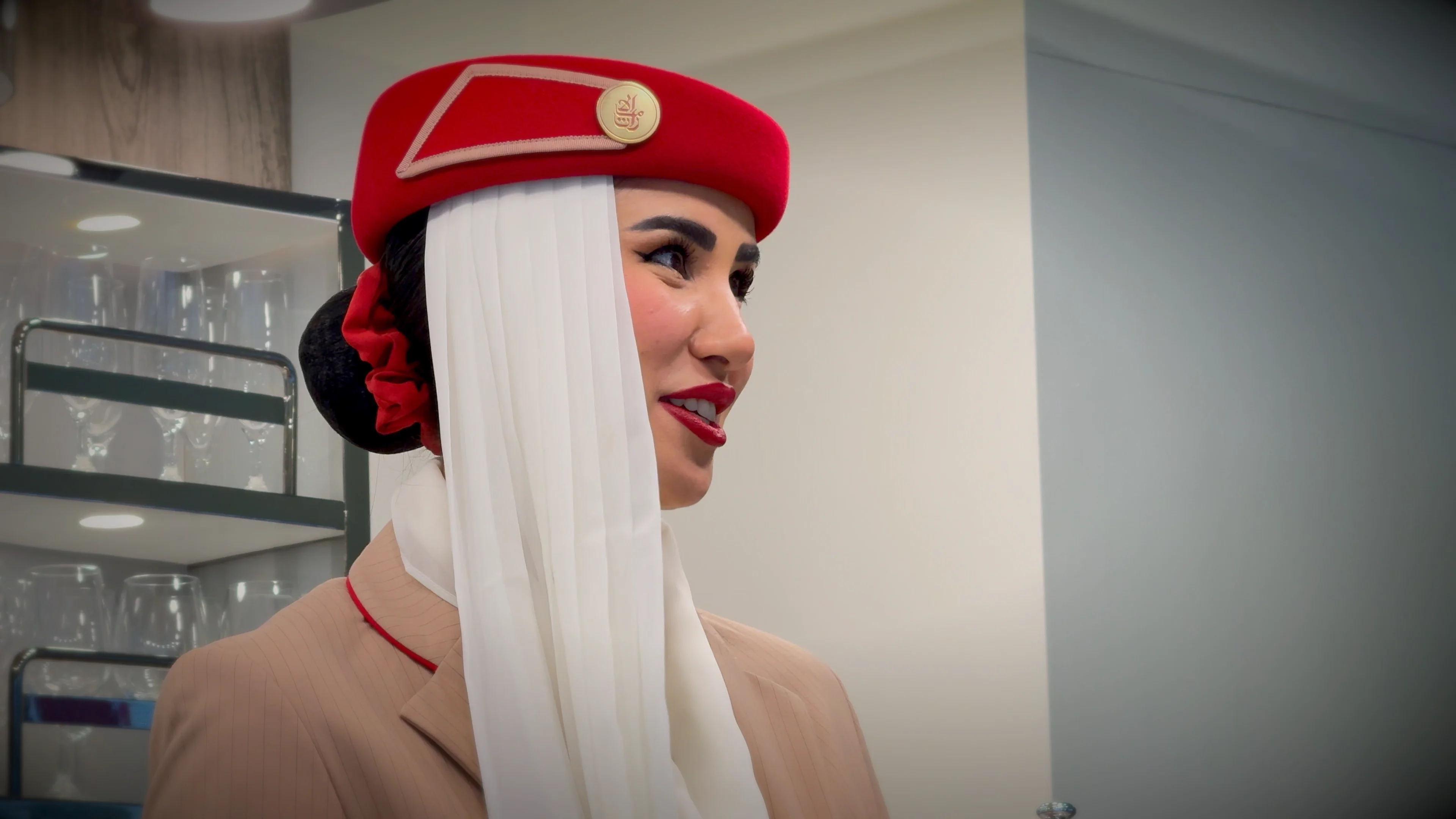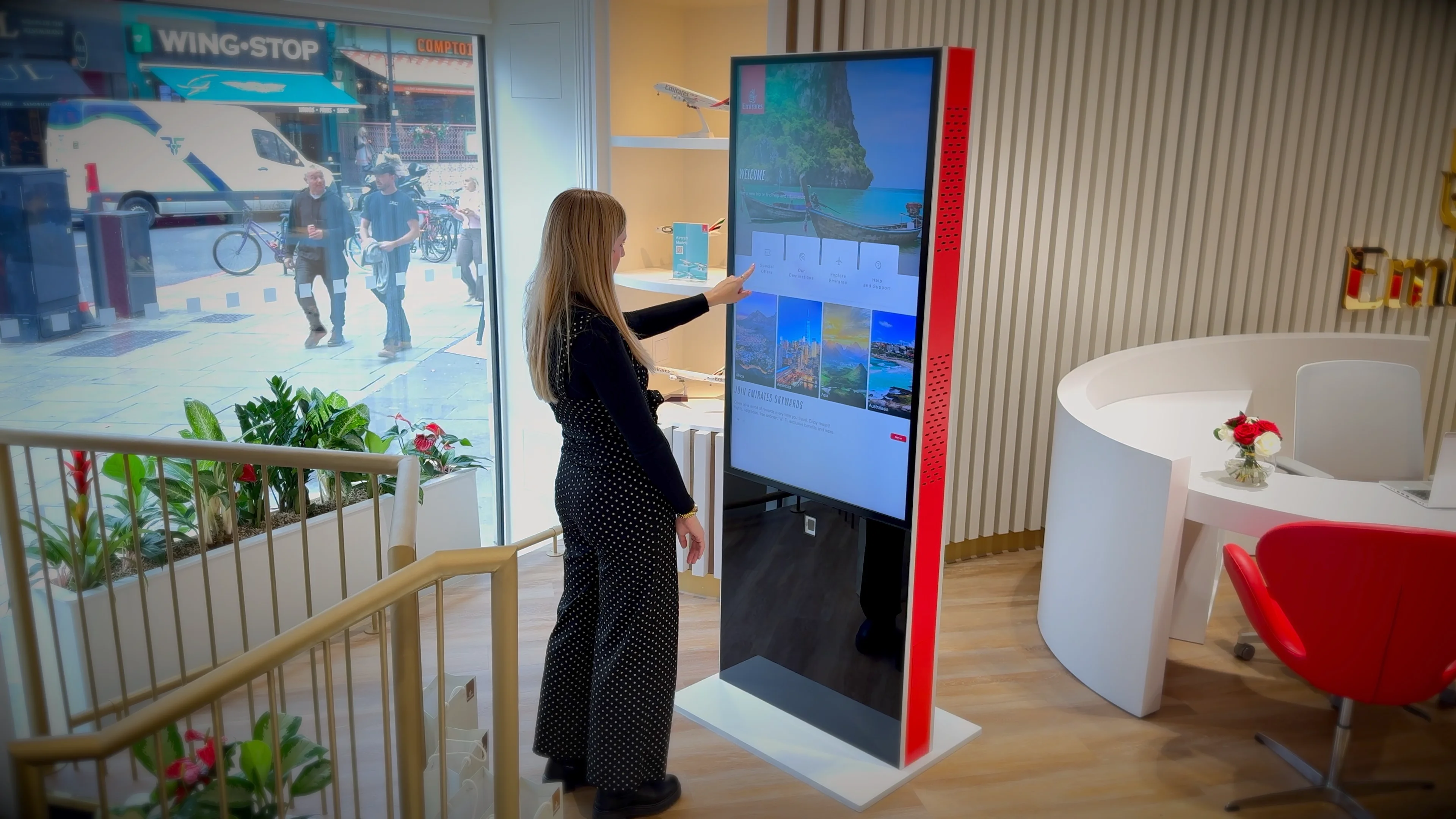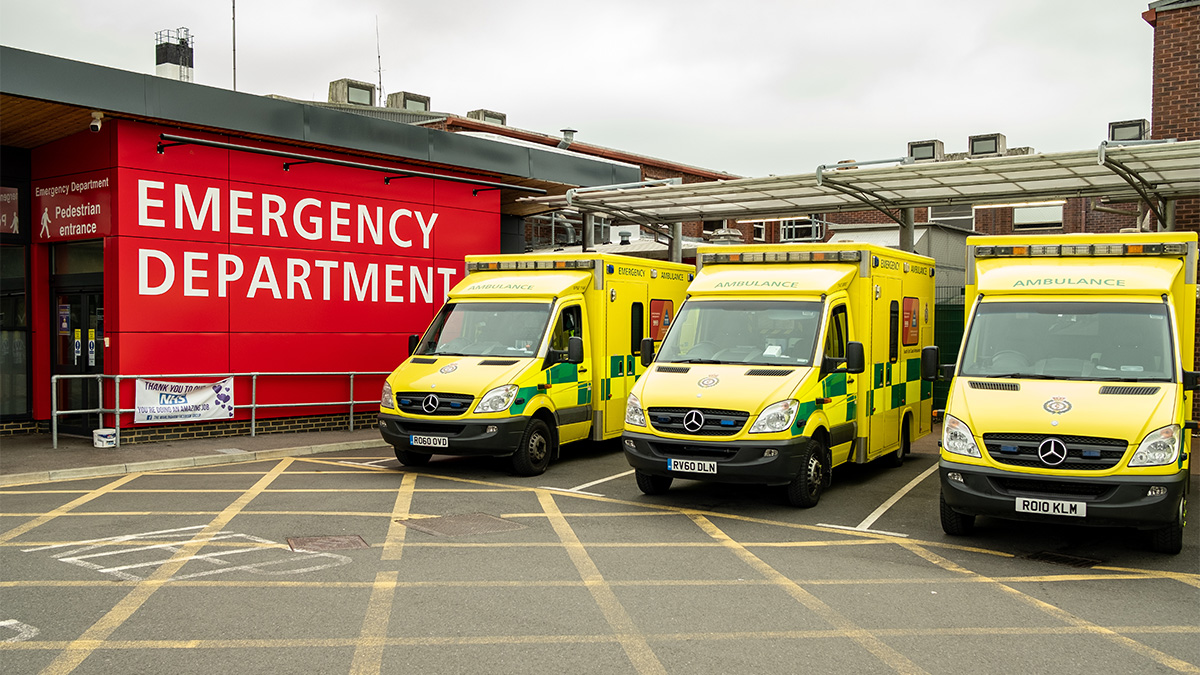
Emirates is rolling out a series of experience-led stores in the high street, hoping it will elevate its brand and help the airline find new customers.
Its first Emirates World travel store in South Kensington, London, is also the first in Europe, and part of a planned roll-out of 40 stores globally.
The store combines smart technology, personal travel advice and immersive experiences. You can book holidays and flights as you would in a travel agency, provided they are with Emirates.
“For us, the shop is not just about the retail, the selling of the tickets or the holiday,” says Adnan Kazim, chief commercial officer and deputy president of Emirates. “It's about the emotion part of it.
“We’re trying to make it more personalised for people to come inside the shop and experience the product we have.”
The store lets people try out a first-class private suite for long-haul flights and premium economy seats. A restaurant section at the front of the store is a recreation of The Lounge, the experience passengers get on the more expensive top deck of an A380 long-haul flight.
Visitors to Emirates’ travel store can book flights and more on huge interactive screens.

This bold move into the high street, where traditional travel agencies have struggled, can be seen as part of a larger trend.
Footfall in most areas of retail is falling and many chains are feeling the pressure, with recent casualties including T2 and Scotch & Soda. The pandemic accelerated a shift that was happening after the rise of online shopping.
PwC's report this year on the UK high street confirmed the continuation of the “slow but steady decline in physical outlets” among chains, with footfall 15-20 per cent below pre-Covid levels. Business rates have hit surviving retailers further.
However, people are increasingly coming to the high street for unique, in-person experiences, whether it's competitive socialising or immersive art shows. Some brands such as Emirates have seized on this opportunity and are setting up shop. It’s especially enticing since commercial landlords have prominent vacant spaces to fill.
Apple has long invested in experience-first retail stores, which celebrate its own products. Other smaller businesses have joined in, such as tea chain Whittard of Chelsea in London, for example.
Increasingly high streets are a place for businesses and their brands to cement a relationship with customers, as much as a place to sell products.
Related and recommended

Video games entrepreneur Gina Jackson explains a common trap developers can fall into when making games

Mastering emotional intelligence can help you make better decisions, navigate conflict and build a workplace people want to be part of

Both the country and the government must face the truth: either taxes will have to rise or services will need to be cut. We can’t have both

Will Orr shares his insights into Gen Z’s changing attitude to health and fitness

